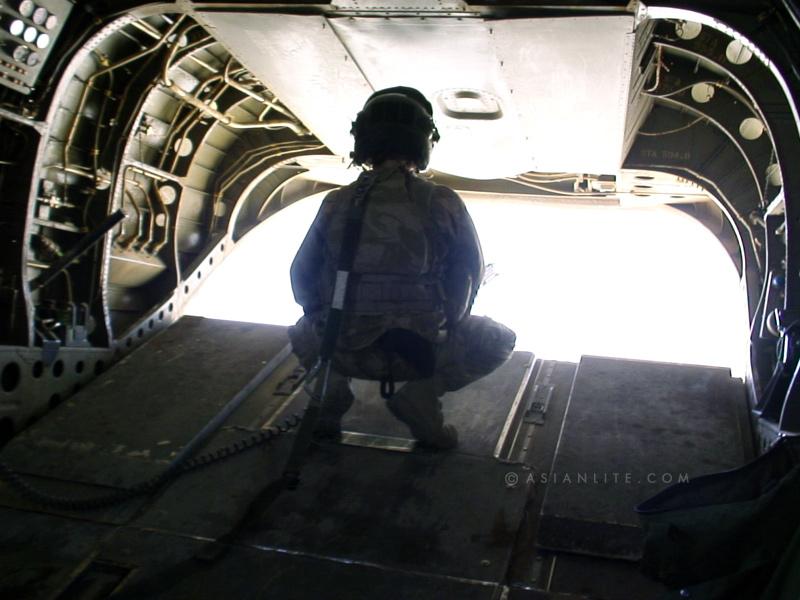Isis militants have reportedly captured two more key border crossings, to Jordan and Syria, in western Iraq. Now the rebels control three border crossings in Anbar province, Iraq’s largest, BBC reproted.
 Meanwhile, in the north, reports say the airport in the town of Tal Afar has also fallen to the rebels. The militants’ gains in large parts of western and northern Iraq have alarmed the international community.
Meanwhile, in the north, reports say the airport in the town of Tal Afar has also fallen to the rebels. The militants’ gains in large parts of western and northern Iraq have alarmed the international community.
They have taken four strategically important towns in the predominantly Sunni Anbar province – Qaim, on the Syrian border, and Rutba, Rawa and Anah – in the last two days.
Gunmen reportedly captured the border posts of al-Waleed, on the Syrian frontier, and Turaibil, on the Jordanian border, on Sunday after government forces pulled out.
Earlier, US Secretary of State John Kerry, speaking in Cairo, singled out Isis whose “ideology of violence and repression”, he said, “is a threat not only to Iraq but to the entire region”.
Calling it a “critical moment”, he urged Iraq’s leaders “to rise above sectarian motivations and form a government that is united in its determination to meet the needs and speak to the demands of all of their people”.
The recent capture of large swathes of territory across Iraq by Sunni extremists began with the seizure of Mosul in early June.
There is deep pessimism in Baghdad about the government’s war against the rebels, who appear better trained, equipped and more experienced than the army, diplomats and politicians have told the BBC.
The Iraqi government has urged the US, Europe and the UN to take immediate action to help deal with the crisis – including targeted air strikes.
But Isis and the other militants groups have established secure safe havens, including some in neighbouring Syria, which will be difficult to target, experts say.
And experts warn that using air strikes now would endanger civilians.
Although the White House has sent its advisers to help the Iraqi government, it has warned there is no purely military solution to the crisis.
President Obama believes Mr Maliki has endangered the country by ignoring Sunni concerns and governing in the interests of the Shia majority, correspondents say.